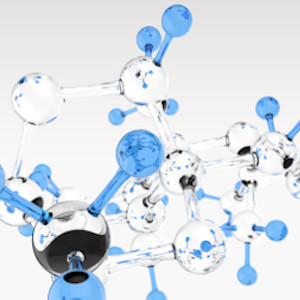Ketamine

Also in the therapy of chronic pain diseases such as fibromyalgia, neuropathies, arthrosis, rheumatic diseases or migraine, numerous studies have proven the unique effect of ketamine. The European Society for Medical Oncology’s (ESMO) Palliative Care Guidelines also recommend ketamine for use in cancer patients suffering from neuropathic pain and oncology patients who do not or no longer respond to opiod.
The administration of ketamine infusions takes place in the center of advanced medicine according to the latest scientific findings and so well dosed and terminated that no dependence effect and no side effects can arise.

